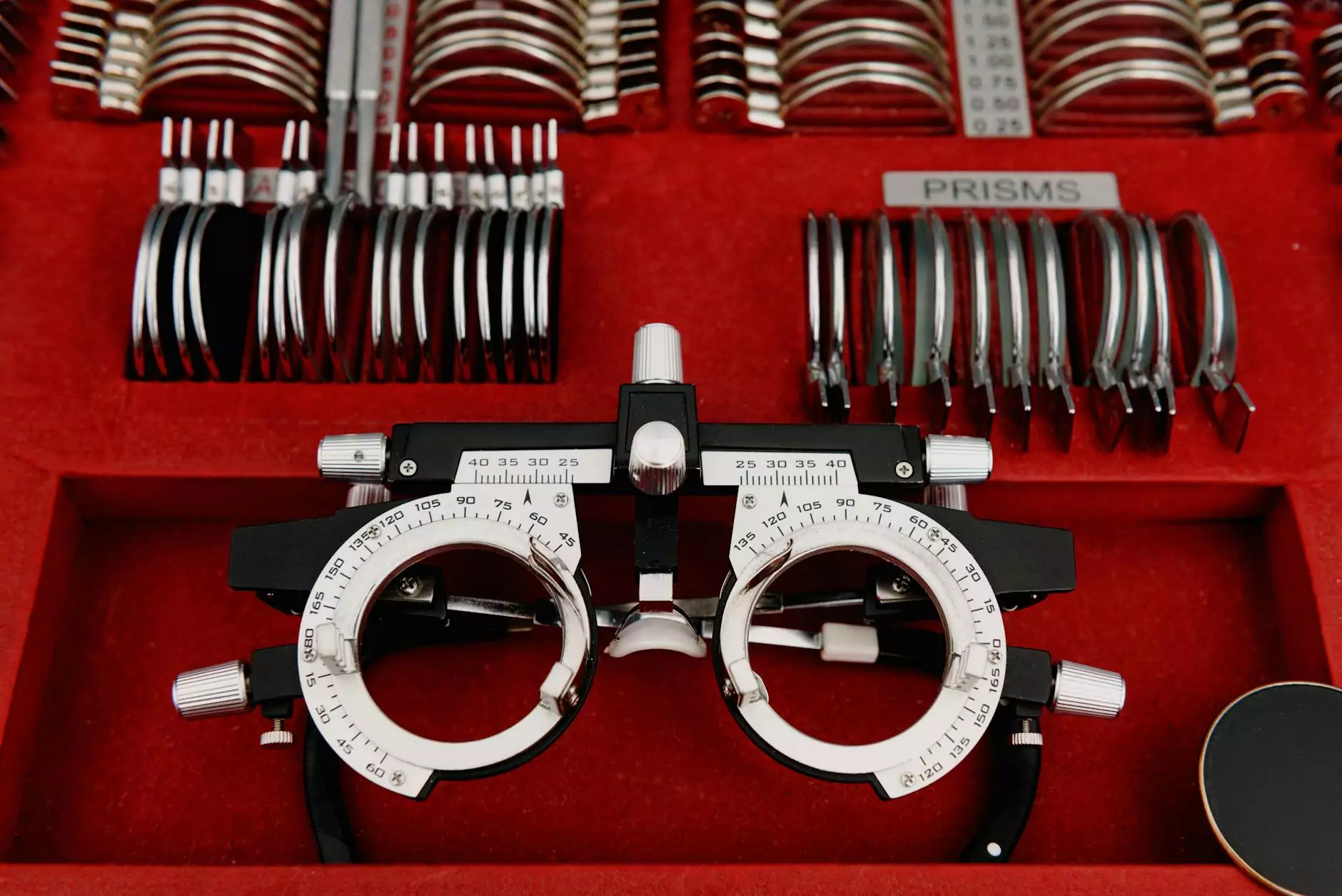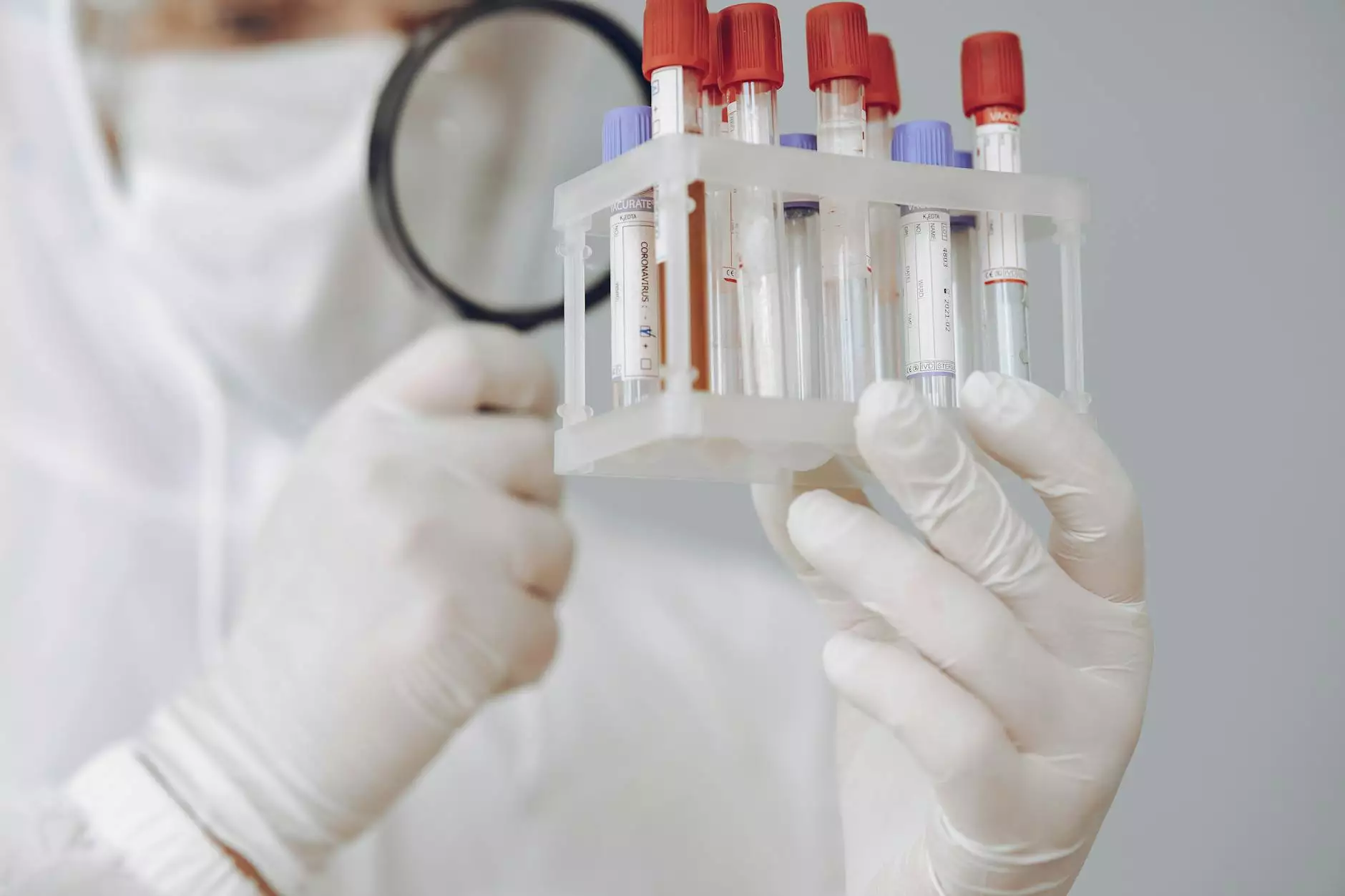The Importance of Piston Pump Applications in the Medical Industry

When it comes to the healthcare field, precision, reliability, and efficiency are crucial. One technology that has revolutionized medical procedures is the piston pump. With numerous applications across the medical industry, piston pumps play an integral role in enhancing patient care, improving outcomes, and facilitating medical procedures. In this article, we will explore the various piston pump applications and their significance in the healthcare sector.
Piston Pumps in Medical Centers
Medical centers rely on piston pumps for delivering accurate doses of medication to patients. These pumps are utilized in infusion systems, where they ensure precise medication administration, especially for critical care patients. With the ability to control flow rates and dosage volumes, piston pumps offer healthcare professionals the necessary control and flexibility required to meet individualized patient needs.
In addition to medication delivery, piston pumps are also employed in medical centers for fluid management during surgeries. The pumps excel at maintaining consistent fluid pressures, allowing surgeons to focus on the procedure itself without concerns about fluctuations in the surgical environment. This level of control and reliability enhances surgical precision and contributes to successful outcomes.
Benefits of Piston Pumps in Health and Medical Industries
Piston pumps offer numerous benefits that make them highly sought-after in the health and medical sectors. One of the key advantages is their ability to handle a wide variety of fluids, including viscous solutions and medications with particulate matter. This versatility ensures that piston pumps can be used across different medical applications, making them an essential component in healthcare settings.
Moreover, piston pumps are known for their exceptional accuracy and precision. They are built to deliver consistent flow rates, ensuring that patients receive the exact dosage of medication required for their condition. This level of precision eliminates the risk of under or over-administration of drugs, minimizing adverse events and promoting patient safety.
Furthermore, piston pumps are designed with durability and reliability in mind. In critical care scenarios, where patients depend on continuous infusion of medication, these pumps offer long-lasting performance and high efficiency. Their robust construction minimizes downtime and maintenance requirements, allowing medical professionals to focus on delivering quality care.
Piston Pumps and Doctors
For doctors, the utilization of piston pumps can significantly streamline medical procedures and improve patient outcomes. From anesthesia administration to chemotherapy drug infusion, these pumps enable accurate dosing and controlled delivery of medications, minimizing the potential for human error.
Additionally, the application of piston pumps in diagnostic imaging systems, such as MRI scanners, enables precise contrast agent delivery. The pumps ensure consistent flow rates essential for obtaining high-quality images and accurate diagnostic results. With piston pumps, doctors can have confidence in the accuracy of test outcomes, leading to effective diagnoses and treatment planning.
Conclusion
Piston pump technology has transformed the medical industry, offering healthcare professionals unparalleled control, precision, and reliability. From medication administration in medical centers to diagnostics and surgical procedures, the diverse applications of piston pumps have paved the way for improved patient care and enhanced medical outcomes.
At IVS Online, we recognize the importance of piston pump applications in the healthcare sector. Our mission is to provide comprehensive information and resources to doctors, medical centers, and individuals seeking reliable information on various medical topics. Explore our website for more insights on doctors, health, medical centers, and the pivotal role of piston pumps in the medical industry.










